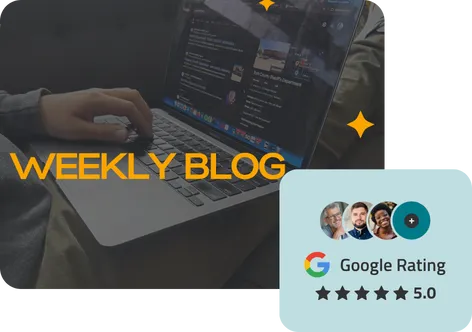TechBytes with a Twist


What Is Phishing? And Why Is It So Dangerous?
What Exactly Is Phishing? And Why Is It So Dangerous?
When it comes to cyber threats, phishing is at the very top of the list. It’s the most common, and one of the most effective ways hackers break into businesses.
But what exactly is phishing? And why should small and midsize businesses take it so seriously?
What Is Phishing?
Phishing is when a cybercriminal tries to trick someone into giving away sensitive information, like login credentials, credit card numbers, or company data, by pretending to be someone they trust.
It usually comes in the form of:
Emails that look like they’re from your bank, a vendor, or even your own team.
Texts or messages asking you to click a link or confirm account details.
Fake websites that look nearly identical to real ones.
The goal is the same: get you (or your employees) to click, download, or share information without realizing it.
Why Is Phishing So Dangerous?
It’s easy to fall for. Hackers are getting better at making emails look legitimate. Even savvy professionals get tricked.
It only takes one mistake. A single click from one employee can give criminals access to your entire system.
The damage is costly. Phishing often leads to ransomware attacks, stolen data, or direct financial loss.
It targets people, not systems. Firewalls and antivirus software can’t always protect against human error.
How Can You Protect Your Business?
Train your team. Awareness is the first line of defense, make sure employees know how to spot suspicious messages.
Use multi-factor authentication (MFA). Even if credentials are stolen, MFA makes it harder for hackers to log in.
Verify before clicking. When in doubt, confirm with the sender directly through another channel.
Keep systems updated. Security patches and updates close vulnerabilities phishing campaigns often exploit.
The Bottom Line
Phishing is effective because it doesn’t attack your technology, it attacks your people. That’s why prevention isn’t just an IT issue, it’s a business-wide responsibility.
At Soarin Group, we help businesses put the right mix of training, tools, and strategies in place so one click doesn’t become a costly breach.


